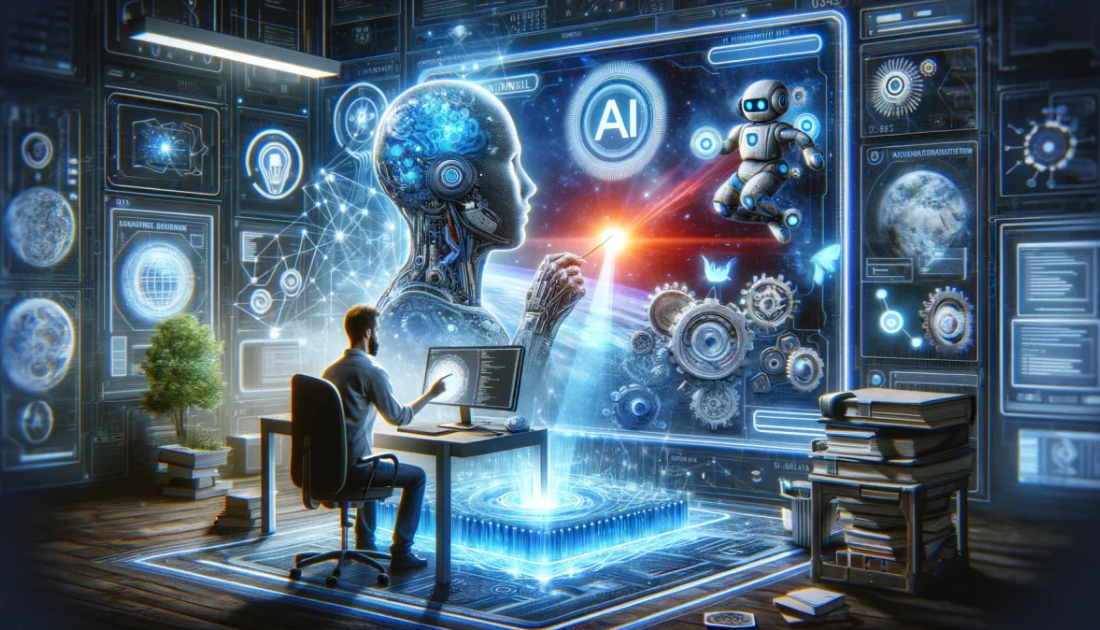In the ever-evolving landscape of web design, innovation continues to drive the industry forward. One such innovative technology that is revolutionizing the field is AI. By leveraging the power of AI, web designers now have access to a wide range of tools and capabilities that were once unimaginable. Here, we will explore the potential of web design artificial intelligence technologies and how they are transforming the digital landscape.
Enhancing Efficiency and Productivity
With intelligent algorithms and machine learning capabilities, AI can automate repetitive tasks, freeing up designers’ time to focus on more creative and strategic aspects of their work. Tasks such as image cropping, content generation, and layout optimization can now be handled by AI algorithms, reducing the time required to complete projects.
Improving User Experience
Web design AI technologies play a crucial role in improving UX by providing designers with valuable insights and data. By analyzing user behaviour and preferences, AI algorithms can suggest personalized design elements and layouts to optimize user engagement. This data-driven approach helps in creating websites that are not only visually appealing but also intuitive and user-friendly.
Designing Responsive Websites
These technologies enable designers to create responsive websites effortlessly. By analyzing screen sizes, AI algorithms can adjust the layout and content dynamically, ensuring a seamless experience across different devices. This eliminates the need for manual coding and testing, saving both time and resources.
Ensuring Accessibility and Inclusivity
Web accessibility and inclusivity are crucial aspects of modern web creation. An AI based web design reseller plays a crucial role in ensuring that websites are accessible to users with disabilities. By analyzing user interactions and behaviour, AI algorithms can identify potential barriers for users with impairments and provide recommendations for improving accessibility.
The Future of AI in Web Design
As technology continues to advance, AI will undoubtedly play an even more significant role in web creation. The progress made in natural language processing, computer vision, and machine learning will continue to shape the future of these technologies in the field. The ability of AI to understand human aesthetics and preferences will result in more personalized and engaging web experiences.
In conclusion, web design artificial intelligence is unlocking a whole new world of possibilities for designers. By enhancing efficiency, improving user experience, streamlining content creation, and ensuring accessibility, AI is transforming the web development landscape. As we look ahead to the future, it is clear that AI will continue to redefine the boundaries of web development and help us create more innovative and user-centric websites.


